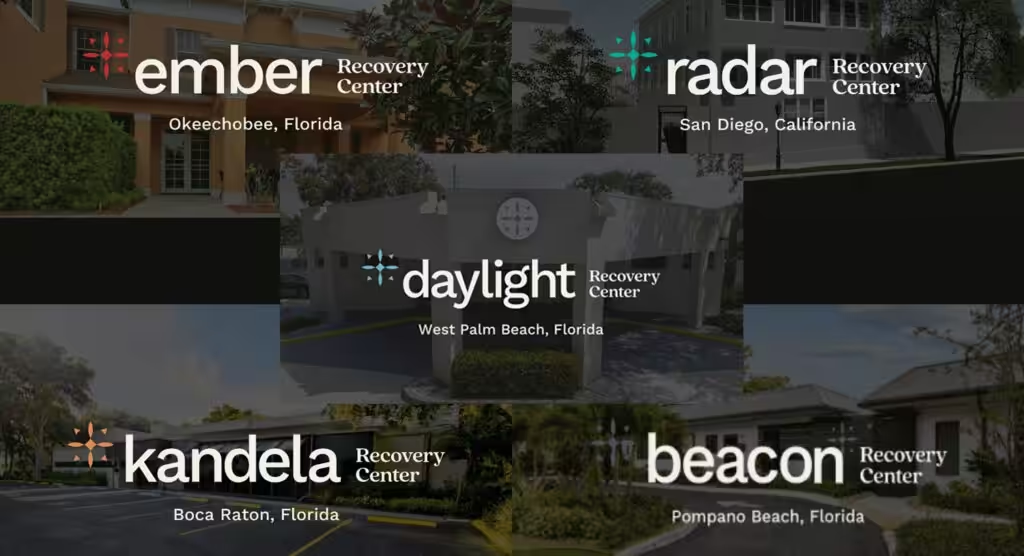Fentanyl Addiction And Abuse
Many people believe that opioid addiction is easy to recognize and cure in oneself. Recognizing and admitting to addiction might be easy enough. An addiction occurs when someone continues to use a substance regardless of the harmful consequences that follow. No one sets out with the goal of falling victim to fentanyl addiction. If you are experiencing an addiction to fentanyl or opioids in general, reach out confidentially for a fentanyl addiction intervention. Call our opioid addiction hotline 24/7 at 1-888-440-1489.
Fentanyl abuse can have negative and life-threatening consequences. Learn more about the risk and consequences of fentanyl abuse and get the help you need. Unfortunately, fentanyl addiction is not easily cured or treated without medical intervention.
What Are The Factors Leading To Fentanyl Abuse?
Some of the risk factors of fentanyl abuse include:
It is possible to abuse fentanyl without developing an addiction, but continued use increases the risk of a serious and potentially life-threatening addiction.
Fentanyl Addiction Facts
Fentanyl is a synthetic opioid that is 50 to 100 times more powerful than morphine. Like other opioids, it works by binding to opioid receptors in areas of the brain that control pain. The brain adapts to the drug and leaves users wanting more of it.
Fentanyl overdose is unfortunately common. Use of the synthetic opioid can quickly lead to addiction. Because of the strong physical dependence that is created when it is used, fentanyl withdrawal symptoms make quitting a difficult endeavor. Relapse is all but inevitable without proper medical care, rehabilitation, and subsequent measures (e.g., support groups).
With proper medical treatment, it is possible to overcome fentanyl and opioid addiction.
How To Get Fentanyl Addiction Help
Because fentanyl is so powerful, it can have life-threatening consequences in cases of overdose. Withdrawal symptoms are unpleasant and some who are addicted to it might see recovery as unattainable. If you are addicted to fentanyl, please realize that you are not alone.
The first step toward recovery can be difficult, but we are here to provide fentanyl addiction help as you begin your journey toward sobriety. Contact us 24/7 at our addiction hotline, and let’s start changing your life so that you can be free of opioid abuse and fentanyl addiction.
With proper addiction intervention and care, you can safely recover from your fentanyl addiction.
How Can Flyland Help With Fentanyl Addiction And Fentanyl Abuse?
With years of experience, Flyland Recovery Network has demonstrated that substance addiction treatment is most successful when expertise meets compassion, rapid responsiveness, and an unwavering set of sound philosophical principles.
We use evidence-based substance abuse treatments that have been proven time and again. In addition, we believe that patients need to be in a clean and structured environment for a fentanyl addiction treatment plan to be effective. With our help, you can expect privacy and care along with group therapy sessions, counseling, and a dedicated staff that will facilitate your recovery every step of the way. Included in the experience are integrative services such as auriculotherapy, massage therapy, chiropractic care, meditation, and nutrition education.
Substance addiction is when you continue to use a substance despite its negative consequences. Thankfully, you can end your fentanyl addiction. Your body and brain can begin the recovery process with an effective fentanyl addiction recovery and rehabilitation plan.
In the recovery process, a time of withdrawal and detoxification is to be expected. Unpleasant symptoms will occur, but the dedicated staff at Flyland Recovery Network will support you through them and help you stay as safe and comfortable as possible. Many withdrawal symptoms will last just a few days, but some, such as anxiety, can persist. It can be frustrating, but with patience and the proper care, you can recover and achieve long-term sobriety.
An aftercare fentanyl addiction plan is crucial to your continued success. Support groups can help you keep moving forward and maintain your sobriety. Relapse is a real possibility, but your chances of relapsing decrease the longer you stay substance-free. Your road to recovery begins with a customized recovery plan at a qualified addiction recovery center. Let Flyland Recovery Network be your catalyst to a new life today.
How Can I Prevent Relapse And Remain Substance-Free?
Fentanyl addiction is both serious and treatable. If you do not follow your fentanyl addiction recovery plan, your chances of relapse increase.
Some of the most popular and effective relapse prevention strategies include:
What Insurance Do I Need To Attend Flyland Detox Center For Fentanyl Addiction Treatment?
Thanks to the Mental Health Parity and Addiction Equity Act (MHPAEA) of 2008, insurance companies cover treatments for substance use and mental health conditions like they do for other diseases (e.g., heart disease). Attending a licensed and qualified substance addiction treatment center is costly, and it is therefore advantageous to have insurance for opioid addiction intervention if you suffer from fentanyl addiction and are in need of recovery.
Please contact your health insurance provider to determine the type of substance addiction treatment and/or which addiction rehabilitation centers they will fully or partially cover. At Flyland Recovery Network, we provide free insurance verifications for substance abuse treatment plans. With confidentiality, our experts can help you verify your insurance benefits for fentanyl addiction intervention and opioid abuse treatment.
If you are uninsured, there are many nonprofit drug rehab options that can be of help. Nonprofit drug rehabs are funded by grants and donations.
Anyone planning on getting insurance for substance addiction treatment should first check with the treatment facility in order to find out what insurance is accepted, then enroll in the proper insurance plan. The dedicated team of experts at Flyland Recovery Network can help you accordingly. Contact us and we can help you find a plan that will cover your fentanyl addiction treatment.




















